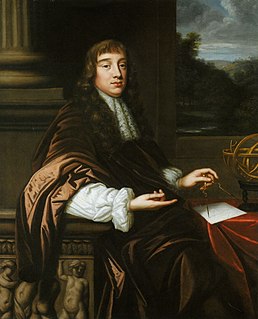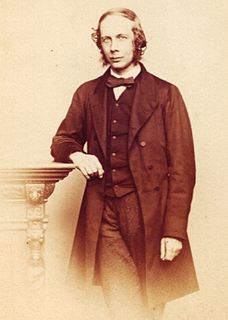A Quote by Jose Rizal
No one has a monopoly of the true God, nor is there a nation or religion that can claim, or at any rate prove, that it has been given the exclusive right to the Creator or sole knowledge of His Being.
Related Quotes
There is scarce any one invention, which this nation has produced in our age, but it has some way or other been set forward by his assistance. ... He is indeed a man born for the good of mankind, and for the honour of his country. ... So I may thank God, that Dr. Wilkins was an Englishman, for wherever he had lived, there had been the chief seat of generous knowledge and true philosophy.
...as soon as we examine suicide from the standpoint of religion we immediately see it in its true light. We have been placed in this world under certain conditions and for specific purposes. But a suicide opposes the purpose of his creator; he arrives in the other world as one who has deserted his post; he must be looked upon as a rebel against God. God is our owner; we are his property; his providence works for our good.
Art is not a substitute religion: it is a religion (in the true sense of the word: 'binding back', 'binding' to the unknowable, transcending reason, transcendent being). But the church is no longer adequate as a means of affording experience of the transcendental, and of making religion real - and so art has been transformed from a means into the sole provider of religion: which means religion itself.
True religion is not talk, or doctrines, or theories, nor is it sectarianism. It is the relation between soul and God. Religion does not consist in erecting temples, or building churches, or attending public worship. It is not to be found in books, or in words, or in lectures, or in organizations. Religion consists in realization. We must realize God, feel God, see God, talk to God. That is religion.
In the First Amendment to the Constitution, the Founders made it clear that this was not to be a sky-god nation with a national religion like that of England, from whom we had just separated. It is curious how little understood this amendment is-yes, everyone has a right to worship any god he chooses but he does not have the right to impose his beliefs on others who do not happen to share in his superstitions and taboos.
To admit the existence of a need in God is to admit incompleteness in the divine Being. Need is a creature-word and cannot be spoken of the Creator. God has a voluntary relationg to everything He has made, but He has no Necessary relation to anything outside of Himself. His interest in His creatures arises from His sovereign good pleasure, not from any need those creatures can supply nor from any completeness they can dring to Him who is complete in himself.
And liberty cannot be preserved without a general knowledge among the people who have a right from the frame of their nature to knowledge, as their great Creator who does nothing in vain, has given them understandings and a desire to know. But besides this they have a right, an indisputable, unalienable, indefeasible divine right to the most dreaded and envied kind of knowledge, I mean of the characters and conduct of their rulers.
The true value of the Christian religion rests, not upon speculative views of the Creator, which must necessarily be different in each individual, according to the extent of the knowledge of the finite being, who employs his own feeble powers in contemplating the infinite: but it rests upon those doctrines of kindness and benevolence which that religion claims and enforces, not merely in favour of man himself but of every creature susceptible of pain or of happiness.





































